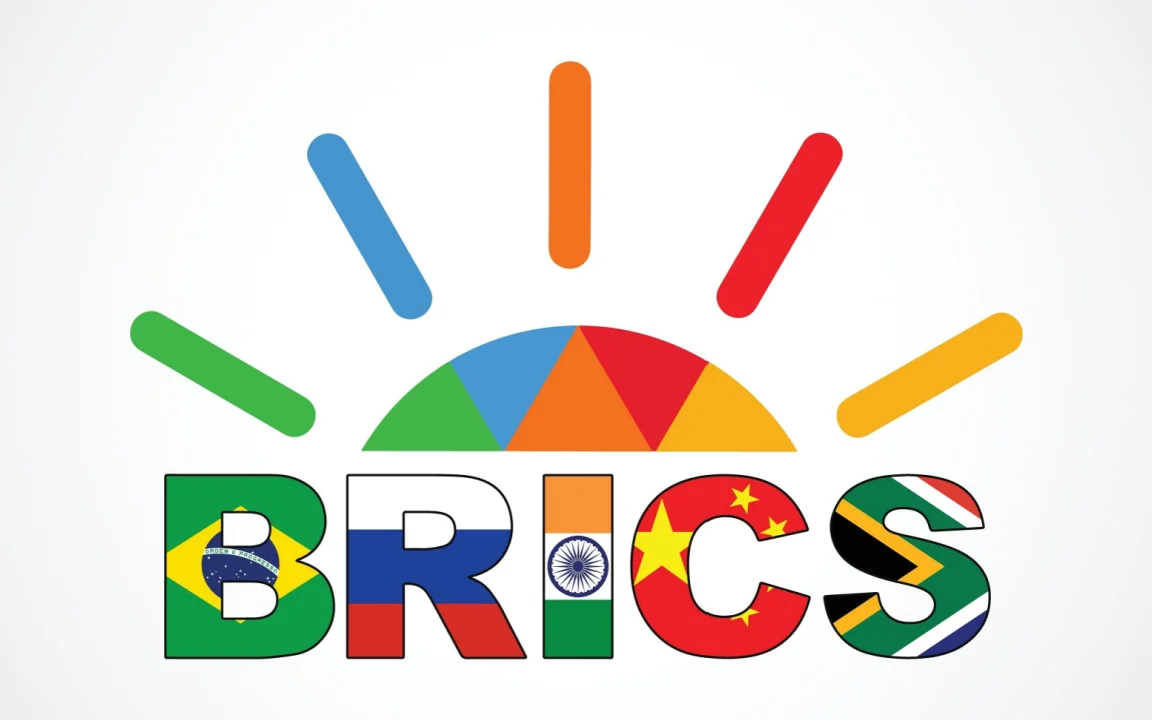
The recent BRICS summit in Kazan, Russia, was a remarkable success. President Putin convened leaders from numerous developing nations, all of whom underscored the need to resist Western imperialism and its instruments, such as SWIFT, the IMF, and the World Bank, and emphasised the necessity for a new financial system.
Finance is the lifeblood of the global economy, and as long as it is dominated by the US dollar, nations remain vulnerable to US influence. Even many Western countries, including France and Germany, have grown uncomfortable with America’s aspirations of absolute dominance and are advocating for a stronger Euro. However, by distancing themselves from China, they risk weakening their positions and yielding further to US pressures.
Currently, 97% of Russia’s foreign trade is free from dollar dependence, and more than half of China’s cross-border transactions now occur in Yuan. Even Prime Minister Modi has promoted the use of national currencies in trade. Although he did not directly mention de-dollarization, his call to internationalize the Indian Rupee suggests that India is aligning with this shift.
Nations like Ethiopia, the UAE, and Iran have already joined BRICS, with nearly 40 others expressing interest. They recognise that terms like “rules-based order” are often just Western tools to suppress the influence of the Global South, save for a few allies like Japan, South Korea, and the Philippines.
As expected, Western media has sought to downplay BRICS’ significance. The BBC referred to it merely as “a gathering,” omitting the BRICS name, while the New York Times labelled it the “so-called BRICS group.” Western media appears reluctant to acknowledge the emergence of a multipolar world.
BRICS has succeeded in bringing Saudi Arabia and Iran, as well as China and India, to the same table, countering a Western agenda that has often kept them divided. Western allies, such as Millie in Argentina and Yunus in Bangladesh, have seen their economies weakened under IMF debt or other pressures, while the US has attempted to destabilize Brazil by supporting far-right factions like Bolsonaro.
Putin has assured BRICS partners that, despite Western efforts to undermine the group, BRICS has grown into a serious contender to the West across various domains, from education and health to public transport. Bharti Airtel Chairman Sunil Mittal, for instance, has noted that mobile internet connectivity in India surpasses that of the US, and Raymond Chairman Gautam Singhania has praised the resilience and hard work of the Indian people.
Following the Ukraine crisis, many anticipated that Russia would be overpowered by the West—a scenario that did not materialise. Western double standards are also visible in their support of Israeli actions in Gaza despite condemning other conflicts elsewhere.
A new BRICS currency could expedite de-dollarization and represent a significant step toward challenging Western dominance. Expectedly, there may be a Western backlash, as indicated by recent accusations from Canada about “foreign interference” from China and India. The West might even incite colour revolutions in countries leaning toward BRICS, exemplified by the recent terror attack in Turkey after it applied to join BRICS and threatened to leave NATO. Nonetheless, BRICS must persist as the axis of resistance to Western expansionism, as it alone possesses the influence necessary to counterbalance it.
Leave a Reply